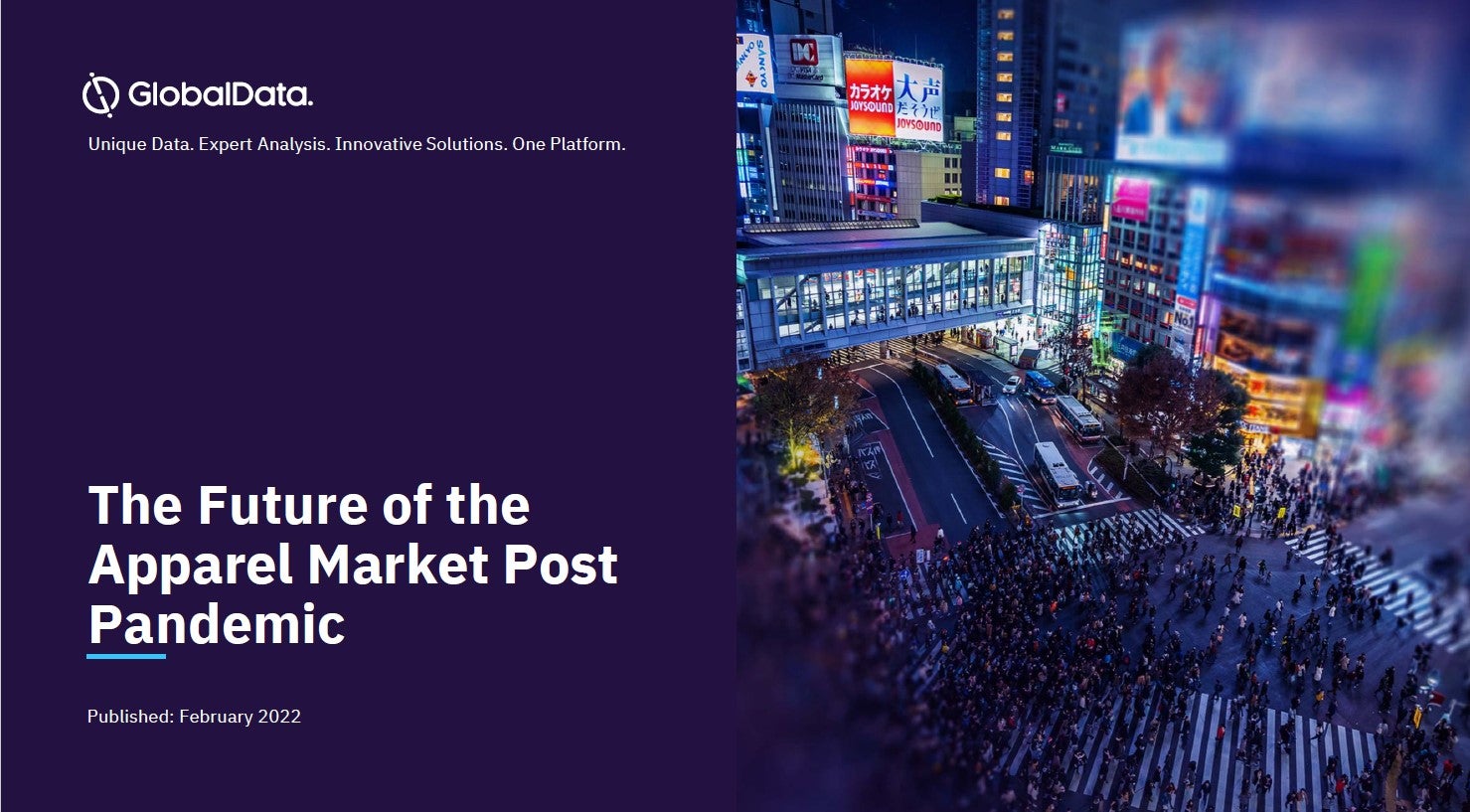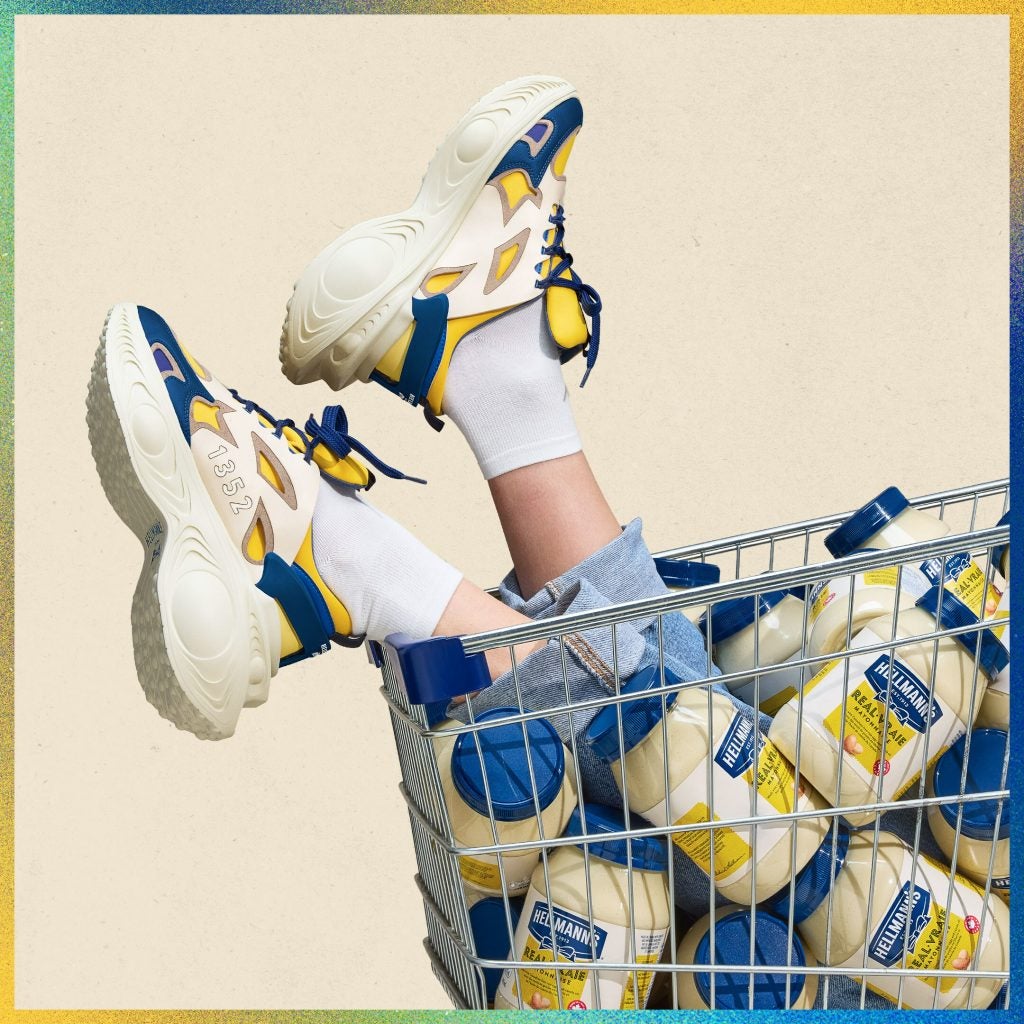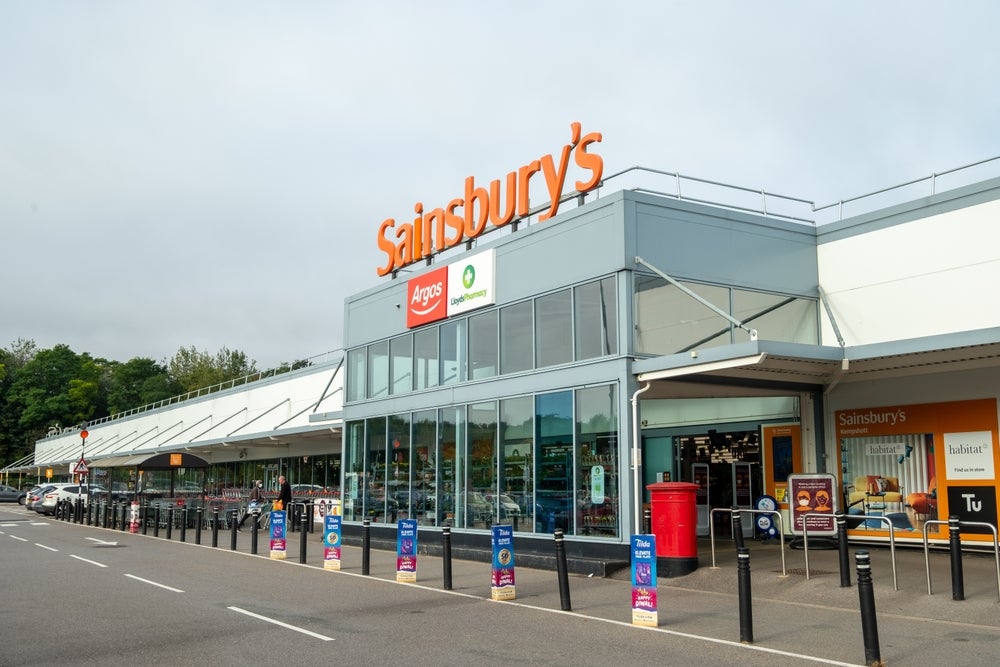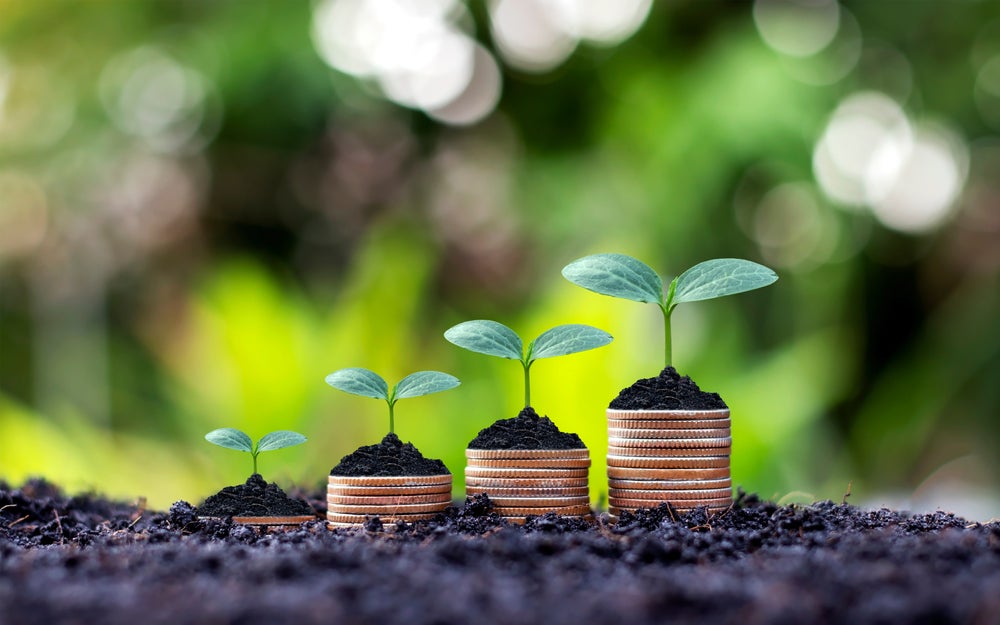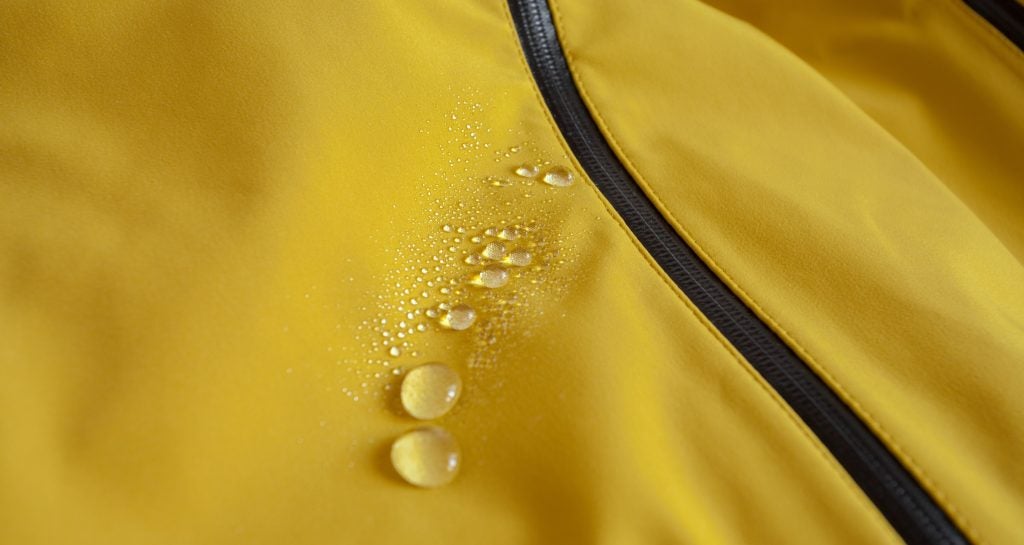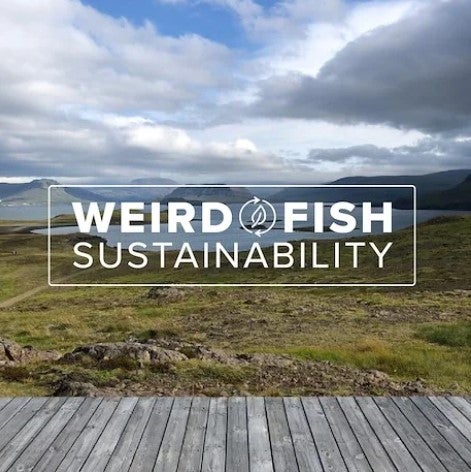
The Weird Fish and Green Story sustainable apparel metrics partnership gives customers the chance to see how much energy is saved by making the switch from non-organic to organic cotton apparel.
The sustainable apparel metrics highlight the savings that are made in terms of car emissions, drinking water, lightbulb energy and land pesticide usage.
The metrics are available to view on the brand’s website across its organic cotton range, with plans to roll out across its bamboo, linen and recycled polyester ranges in the future.
In line with its ‘The Only Way Is Ethics’ sustainability policy, Weird Fish has spent the past two years replacing standard cotton with organic cotton yarns wherever possible. Organic cotton production, on average, avoids the use of toxic chemicals and uses 88% less water and 62% less energy than conventional cotton.
Green Story calculated the metrics for the organic cotton clothing at Weird Fish using a detailed life cycle assessment of the brand’s organic cotton products. The company analysed the volume of greenhouse gas emissions, primary energy demand and blue water consumption being saved through the production chain.
How well do you really know your competitors?
Access the most comprehensive Company Profiles on the market, powered by GlobalData. Save hours of research. Gain competitive edge.

Thank you!
Your download email will arrive shortly
Not ready to buy yet? Download a free sample
We are confident about the unique quality of our Company Profiles. However, we want you to make the most beneficial decision for your business, so we offer a free sample that you can download by submitting the below form
By GlobalDataIt found that when compared to the global conventional cotton supply chain, Weird Fish has achieved a 51% reduction in blue water consumption on average across all its supply chains.
John Stockton, managing director at Weird Fish explained: “Customer transparency is key in every sustainability journey, particularly as greenwashing continues to be an ongoing issue.”
He pointed out the company has always been honest with customers about not being a 100% sustainable brand – instead, the brand highlights initiatives to help it reach realistic targets each year. For instance, working towards making 55% of its ranges more sustainable by the end of 2021 and by 2026, the brand’s target is to increase that figure to 90%.
He added: “Our metrics are in place to help inspire greener shopping habits and get more people on board with our more sustainable ranges. Relatable metrics are key to helping customers clearly see the impact we’ve had from switching our products from regular to organic cotton. They not only focus on carbon dioxide savings, but also equate those figures to car journeys and drinking water to give a clearer sense of scale. The Green Story platform will also help us identify how we can make more positive changes within our supply chain, so will form a key part of our sustainability journey.”

